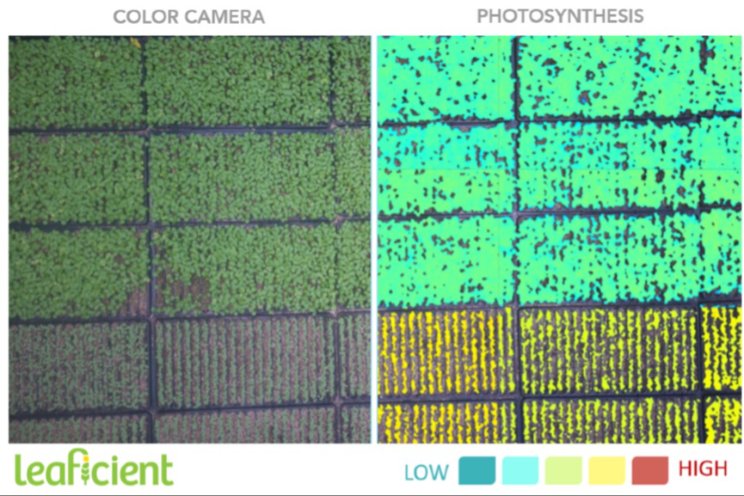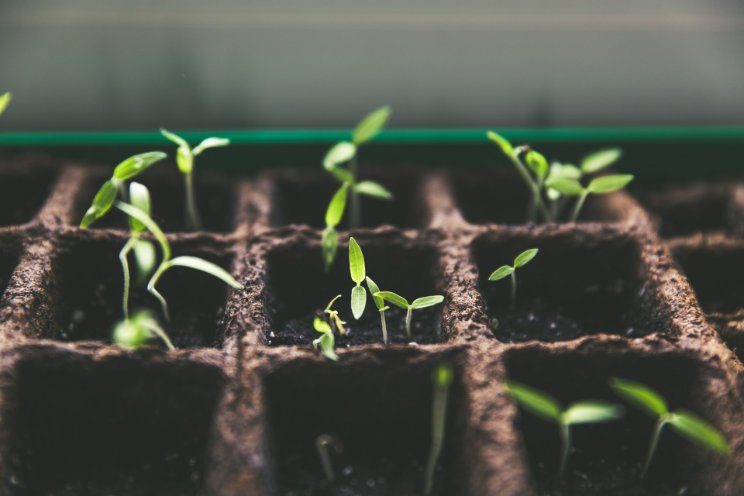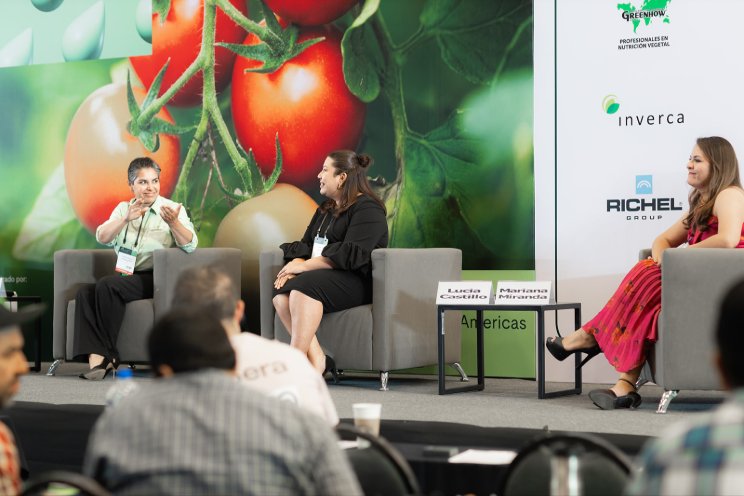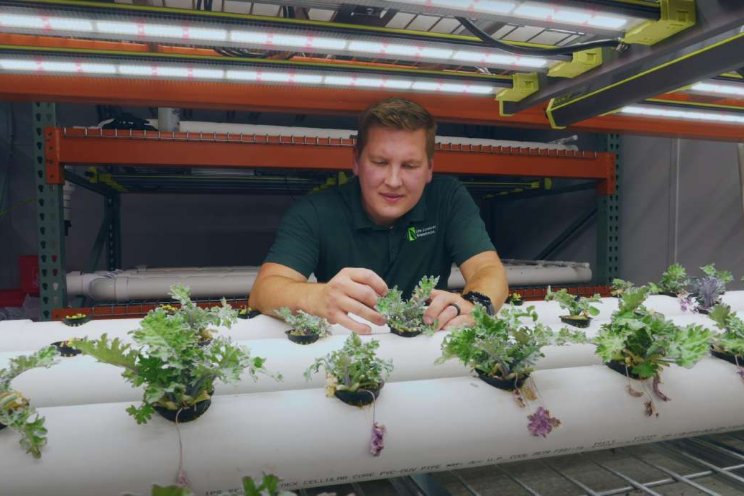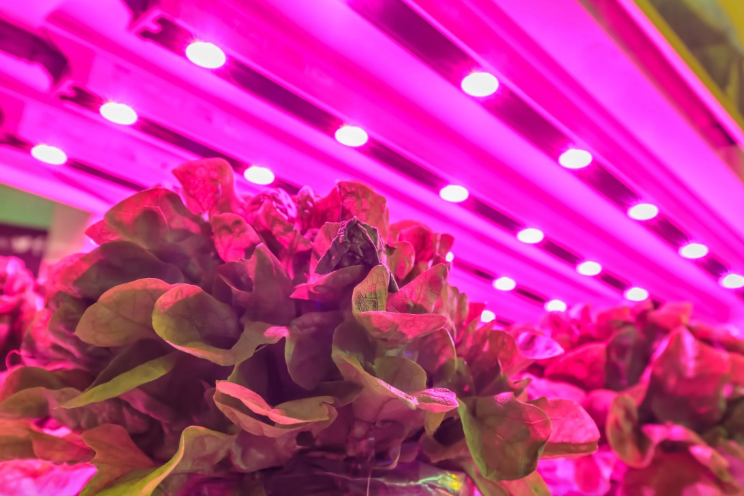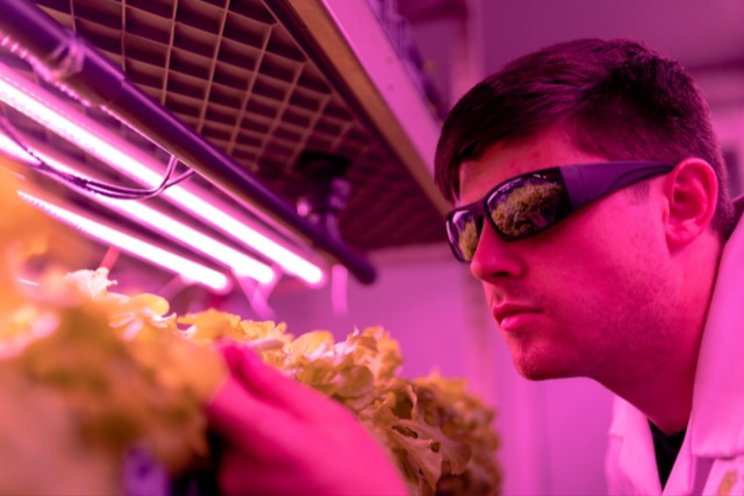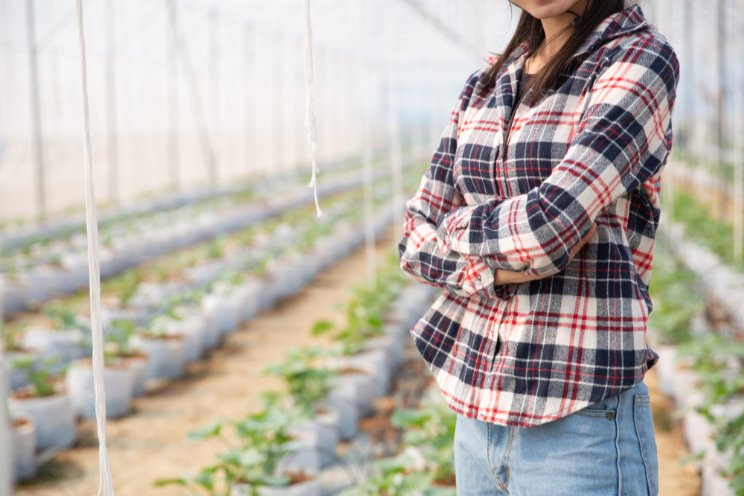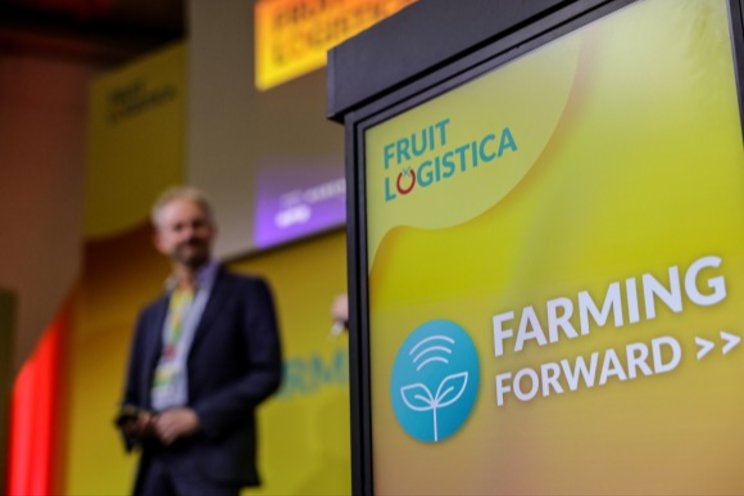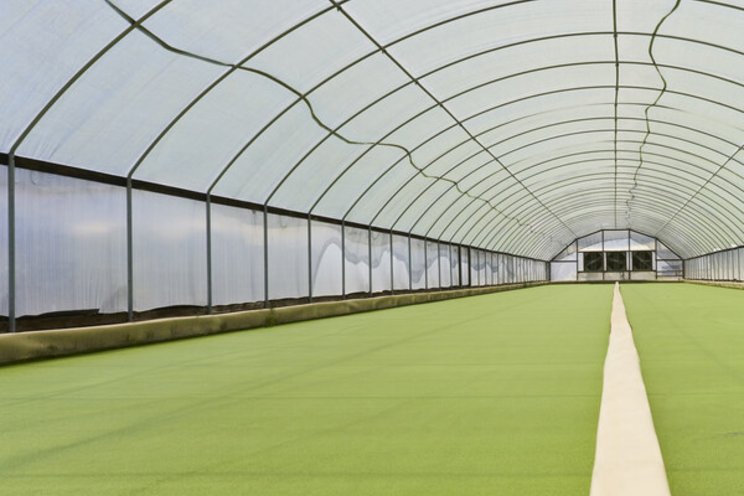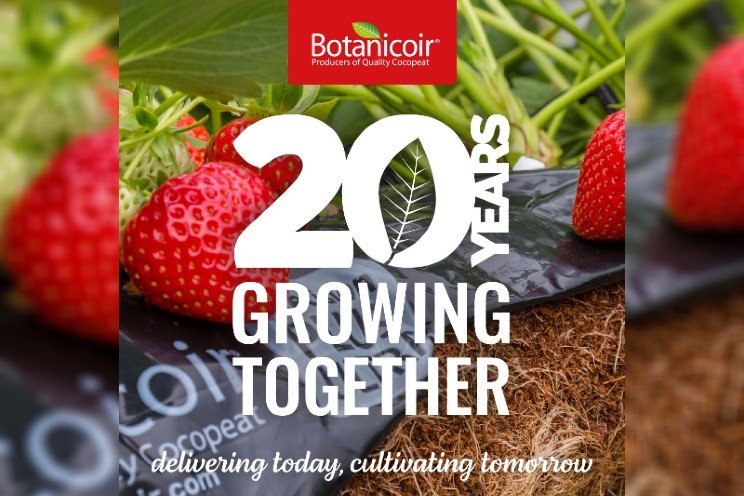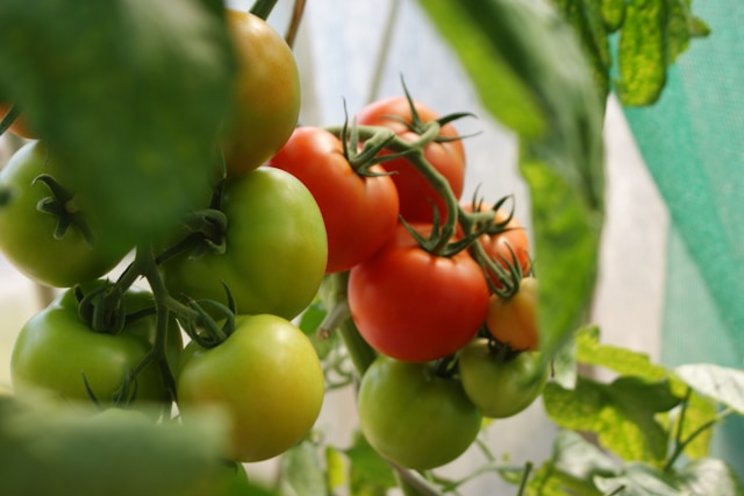Sustainable crop protection on the rise for greenhouse growers
Added on 06 May 2020
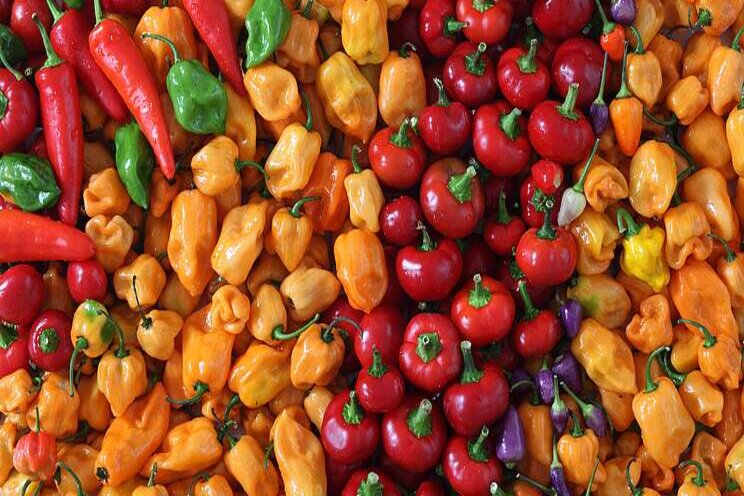
Sustainability Defined
One of the goals of sustainable crop production is to have the least detrimental impact on the environment, which means growers must consider the short- and long-term impact of what they are doing and strive for ecological balance in addition to socioeconomic costs and benefits. This is a broader approach than just checking off the due-diligence box of best practices.
Growers are thinking about the broader definition of sustainability in their businesses, according to Odessa P. Hines, Media Relations Manager, Agricultural Solutions BASF North America, who says they're primarily considering things like sales, budgets, cashflow and profit, information management, improving internal business processes, inventory, and purchasing. Automation investments are also top of mind to help address limited labor resources.
When growers decide to pursue sustainable production, they face new challenges. Secondary product standards, labeling, and product traceability are just a few external challenges driven by consumers and the retail outlets growers supply. While growers may want to meet these demands, the price of doing so may be too high for their business, forcing them to choose between profitability and sustainability, with no allowance for somewhere in between.
"Products and practices that allow all organic, or even more sustainable approaches, are not always cost effective for growers," says Colleen Tocci, Communications and Product Manager for Belchim Crop Protection USA. So, while the market for growers who are striving to instill sustainability has grown, it is still a small percentage of the overall business. If inexpensive and effective conventional products are still available, many growers will still use these in order to be more profitable."
Tips for Success
When building your crop protection plan, start with a search for credible online resources and look for supporting information and recommendations from your network of peer growers, distributors, university Extension, and others. Continuously monitor and improve your production practices in concert with sustainability objectives. Make sanitation a priority; it is your first line of defense. Start with a clean crop.
Suppliers say the growing demand for sustainable crop protection products is a good sign growers are having success using them. It may mean the products they choose are not only effective in pest control, they also offer other benefits.
Growers are also developing more sophisticated integrated pest management strategies, Hines says.
"Specific to the market of greenhouse crop protection and the solutions BASF offers, we actively support the utilization of an integrated approach to management of crop-damaging pests. This involves the ongoing education and practice of pest-resistance management."
New environmentally friendly approaches to chemistry and natural products that are alternatives to synthetic compounds help fuel the move into IPM and sustainability, notes Daniel Peck, Ph.D., Field Development Biologist with Vestaron Corporation.
"Vestaron aims to displace our reliance on conventional synthetic pesticides with peptide-based biological pesticides that are designed for safety to humans, vertebrates, pollinators, and the environment," Peck says. "Spear-T is the first in a pipeline of products that feature novel modes of action, exemptions from Maximum Residue Levels (MRLs) and improved compatibility with Biological Control Agents.
Heidi Warner, Eastern U.S. Ornamental Account Manager with Nufarm, says her company has a large portfolio consisting of products that are Organic Materials Review Institute certified and EPA registered as biopesticides. They also provide residual control.
"We are always researching products to add to our portfolio, with new additions coming regularly," Warner says.
It appears growers are catching on. According to Carlos Bográn, Technical Manager at OHP, there has been relatively quick adoption of new technologies, including biological products and reduced-risk, conventional materials.
Jeff Luke, Director of Marketing at BioWorks, concurs.
"We are finding that growers are very open to the education and training support that companies like ours offer."
Source: Greenhouse Grower
Photo by Randy Fath on Unsplash
Source: Greenhouse Grower
More news
